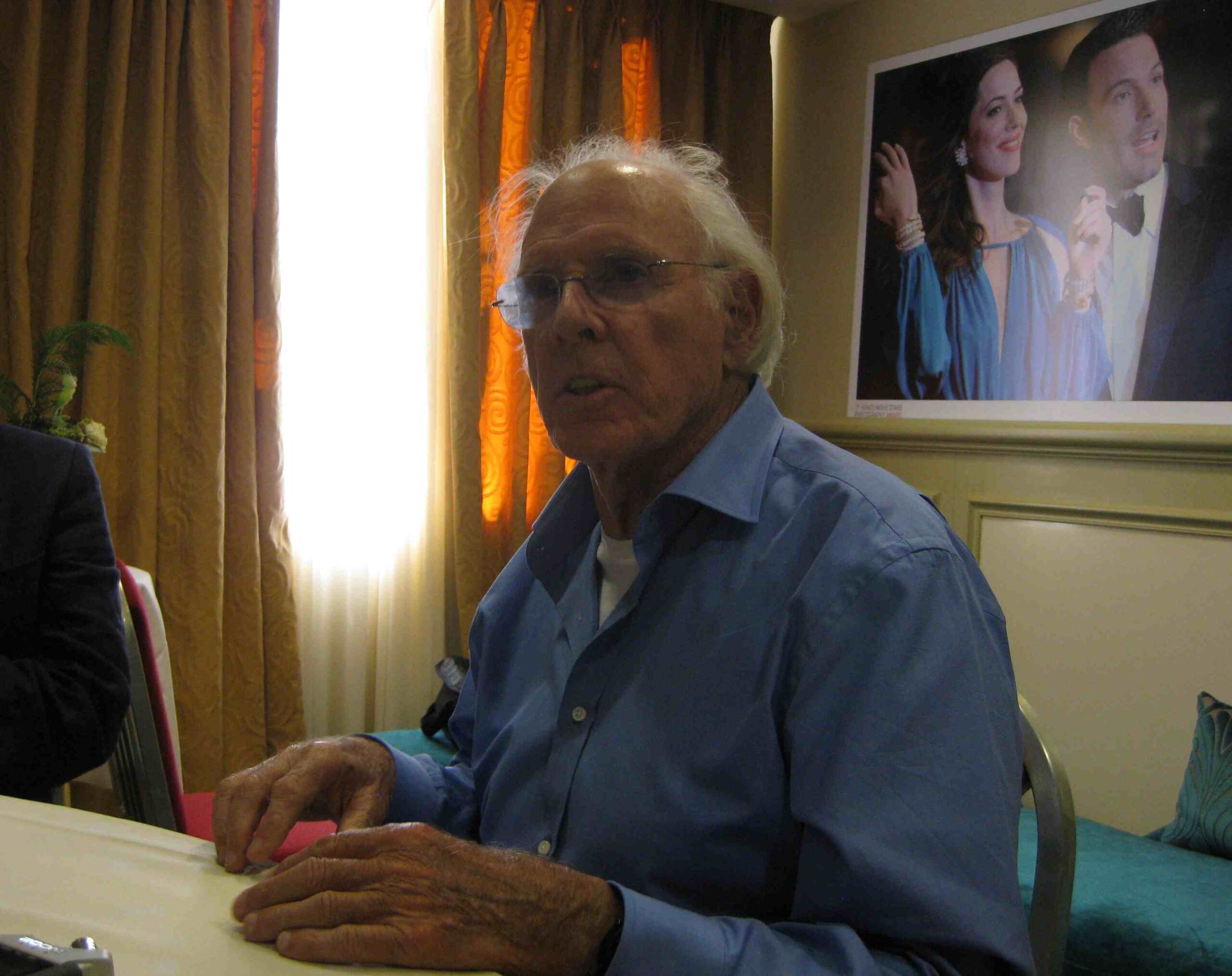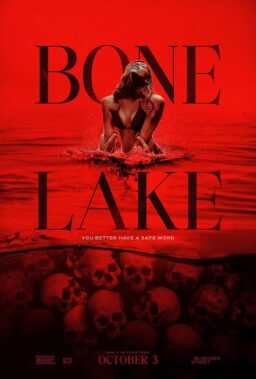CANNES, FRANCE — After five decades in movies and TV, Bruce Dern has a few opinions on which directors he enjoys working for the most. “I love Rafelson. Frankenheimer is my favorite in terms of personality. Ashby. Walter Hill. Guys that I don’t call one of my ‘six geniuses,'” the 76-year-old actor says.
But he would grant that designation to Alexander Payne, for whom he stars in the Cannes entry “Nebraska,” which premiered yesterday in competition to polarized reviews. Dern even suggests the “Sideways” director is his favorite filmmaker to work for, full-stop (although at another point he places Elia Kazan in a category of his own).
Chalk up the mind meld to Payne’s shooting style, particularly his reluctance to rush scenes. “This guy takes the time to shoot behavior,” Dern says. He found he didn’t have to add tics — what he calls “Dernsies” — to keep the character flowing through the artifice of a screenplay. There was always enough coverage to flesh out his performance.
In “Nebraska,” Dern plays an aging Montana alcoholic who becomes convinced he’s won $1 million. The source of this delusion is a publishing-sweepstakes letter no one around him regards as anything but a scam. His son, played by Will Forte, eventually agrees to drive the old man from Billings, Montana, to Lincoln, Nebraska, to collect the supposed winnings, which his dad believes are too important to entrust to mail.
Working from an original script by Bob Nelson — a departure, given that he usually co-writes his movies — Payne tells the story with the same mix of sincerity and broad laughs he brought to “About Schmidt.” The Omaha-raised director alternates potshots at tilapia-eating Midwesterners with a more poignant family-bonding strand, as father and son — along with the wonderful June Squibb as Mom — encounter relatives and friends throughout their trip.
Making a black-and-white road movie was a new experience for Forte, as were the film’s tricky shifts in tone. “I’m so used to just going straight for the comedy,” Forte says, noting that he sought his director’s guidance. “I would try to ask him, what do you think? After a while you just realize he is looking for the most grounded, real performance, so you just play the scene and say it like a normal person would say it.”
The former “Saturday Night Live” star hadn’t planned to branch out into drama. He credits his agent with getting his name in for the role, and also Payne, for having an open-mindedness about the casting process. (“He looks at every tape that’s sent to him — and I am proof of that.”)
A marked contrast to his reserved co-star, Dern regales journalists at the Carlton Hotel roundtables with anecdotes, from how he once improvised the idea of shooting John Wayne in the back to tales of what it was like to work for Hitchcock on “Family Plot.” (Imitating Hitch: “I picked you because you’re entertaining. John Forsythe is not entertaining.”) He notes some major disappointments with the film industry, including Hollywood’s chronic reluctance to let his friend Jack Nicholson direct, the fact that Roger Corman never got to make a movie on a large scale, and the shunning of Michael Cimino after “Heaven's Gate.”
He’d known Payne a bit from when his daughter Laura starred in “Citizen Ruth,” but their relationship really developed over the filming. So, too, did his friendship with his co-star. At the press conference yesterday, he joked about wanting to set Forte up with Laura.
As ebulliently ornery in person as in his films, Dern bemoans what he sees as a diminishing work ethic among actors. He speaks of careers he’s seen lost to or delayed by drug use. “I’ve never had a drink, I’ve never smoked a cigarette, I’ve never had a cup of coffee,” he says. (He “did take Vicodin for ten years — and missed the ’90s.”)
“The community, you guys included, accept a lot of that behavior as great acting,” he explains. Duly noted. Is there still time for Spielberg’s Cannes jury to administer toxicology tests?











